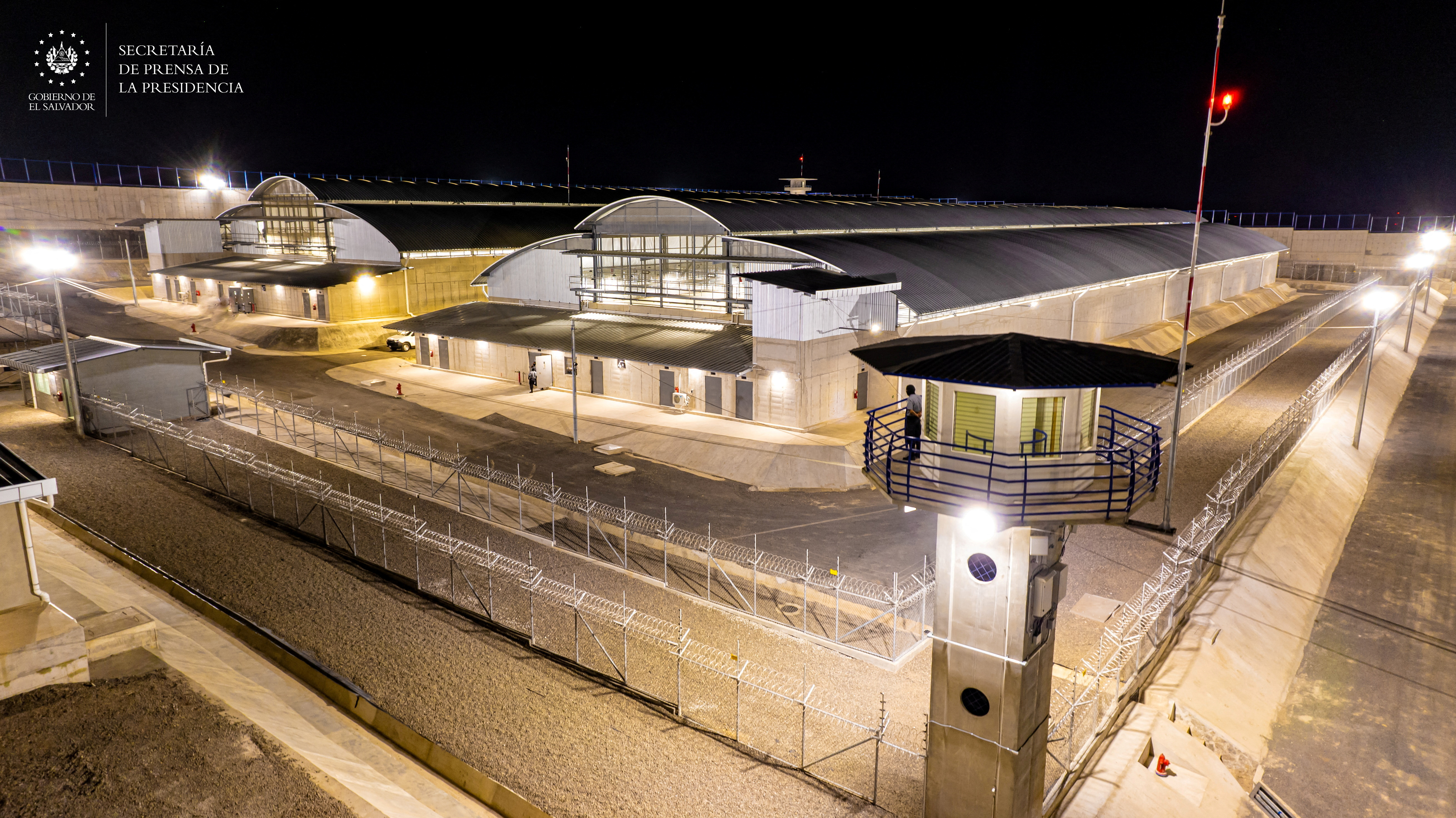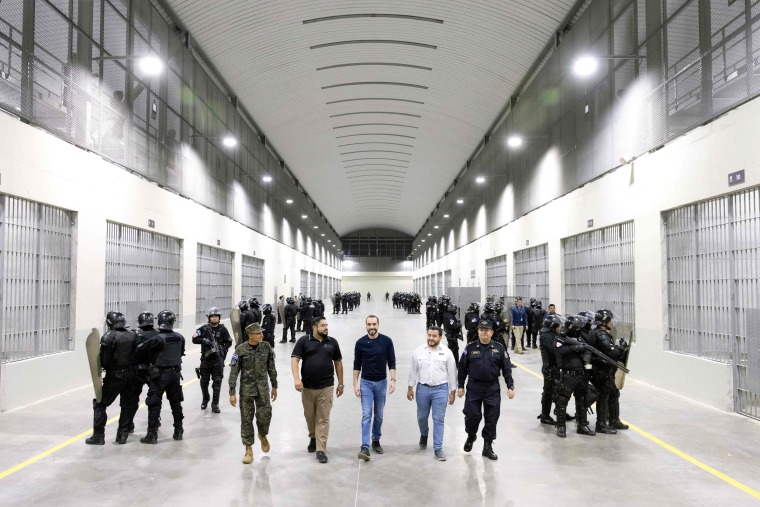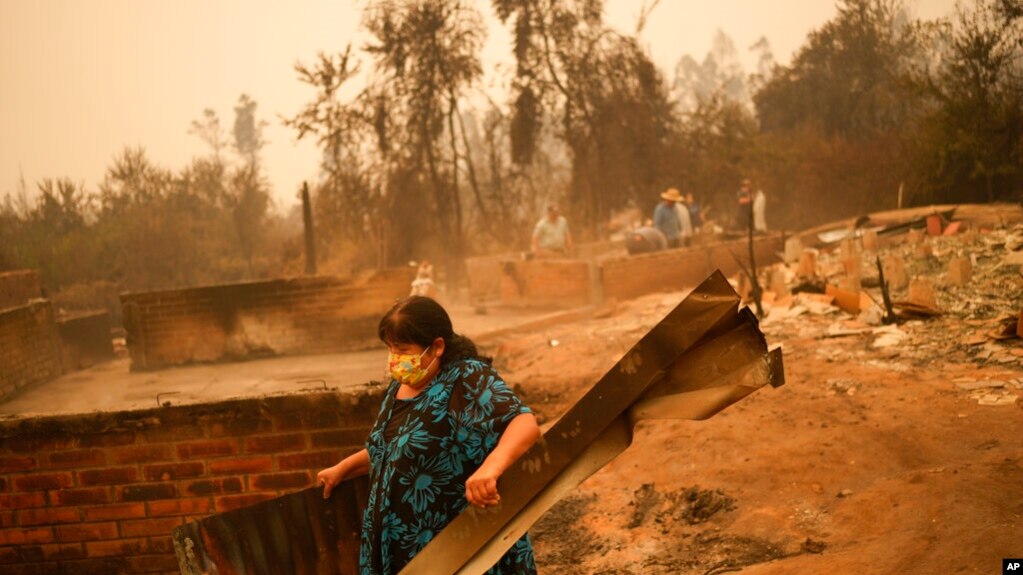After fearing the National Labor Relations Board under President Donald Trump would roll back graduate students' power to unionize, campus organizers are energized under President Joe Biden.
Union academic workers and supporters march and picket at the UCLA campus amid a statewide strike by nearly 48,000 University of California unionized workers on November 15, 2022 in Los Angeles, California. | Mario Tama/Getty Images
By BIANCA QUILANTAN and BLAKE JONES
02/04/2023
Frustrated by low wages and new laws limiting what they can teach — and buoyed by President Joe Biden’s pro-union bent — campus workers across the country are moving with new urgency to organize.
A historic strike at the University of California kicked things off in November. And the six-week standoff among 48,000 campus workers, a broader surge in labor strikes across industries, a depleted pandemic workforce and a friendlier atmosphere in Washington has culminated in a wave of uprisings.
University of Illinois-Chicago faculty went on strike for four days last month. Hundreds of graduate students at Temple University in Philadelphia took to picket lines earlier this week. And the University of Washington averted a scheduled walkout by librarians and other campus employees in December just three hours before staff planned to hit the streets.
Workers are demanding increased wages, better health benefits, more job security and improved working conditions, and so far colleges are scrambling to meet them.
“We have seen the past two to three years a lot of interest from higher ed workers organizing in states that do not necessarily have the collective bargaining rights or the ability to bargain with their employer on their wages and benefits,” said Enida Shuku, an organizer with United Campus Workers who said the group is in discussions with several institutions about joining UCW.
Even in Southern states, including Tennessee, Arizona and Mississippi, organizers are pressing school leaders about pay and fights over free speech on college campuses.
“We’re all seeing it and experiencing it … and it’s about damn time,” Shuku said.
Graduate students typically double as employees for their institutions, teaching general education classes and working as lab assistants while pursuing their degrees. Many workers say they make below a living wage. At Temple, for example, the average graduate student worker can expect to make around $19,500 a year.
With union-friendly Biden in the White House, campus workers feel they have the extra leverage they need to unionize and strike.
Under President Donald Trump, campus organizers feared the Republican-majority on the National Labor Relations Board would use their cases to overturn a precedent that allowed graduate students at private universities to unionize, said Mark Gaston Pearce, who chaired the board under President Barack Obama.
“Anything that required having to go through the board processes was avoided because they did not want to put the board in the position to weigh in relative to that question,” said Pearce, who is now the executive director of the Workers’ Rights Institute at Georgetown University. “Now — that no longer being an obstacle — it’s not surprising that there is a flurry of organizing going on.”
In fact, Biden has been stocking the NLRB with commissioners who favor unionization among graduate students, something Trump administration appointees once considered banning altogether.
Boston University graduate students had backed off a unionization drive during the Trump administration, fearing a rejection from the board. But workers regrouped last fall, encouraged by a Democratic majority on the NLRB, and eventually voted to unionize in December.
“With the shift in political landscape more recently, it kind of lightened the stressors of whether or not we’d be able to unionize to begin with and allowed us to have another go at it,” said Alex Lion, a PhD candidate and organizer at the university.
UIC faculty almost went on strike in 2019, but the night before they were set to stop work, they agreed on a contract. Following “exhausting” semesters of online instruction, months of inflation chipping away at workers’ earnings and a surge in labor action nationwide, faculty vacated lecture halls in January for four days before agreeing to a contract that will raise the lowest-paid employees’ wages by $9,000.
“Across the nation, faculty and students everywhere are pretty exhausted,” said Charitianne Williams, a UIC English professor and a member of the union’s bargaining team. “I think that whether you’re faculty union at UIC or in a union at Starbucks, that’s a really difficult space to live in.”
Campus workers at the University of California got tens of thousands of dollars in raises, larger child care stipends and commuter benefits after weeks on the picket line. University of Washington’s union was able to secure salary boosts and academic freedom protections in January, negating reason to strike.
Conservative critics, though, argue the successful labor wave could spread universities’ resources thinner — forcing them to slash student worker positions or make other cuts — to afford the raises won during bargaining.
“The money has to come from somewhere,” said Timothy Snowball, a civil rights attorney at the Freedom Foundation, a nonprofit organization that challenges labor unions, “and I think this is when ideology kind of comes up hard against basic economics.”
He said the UC strike will have unintended consequences across the system.
“The best way to view this in my eyes is not really the strikers versus the administration of the UC system,” Snowball said an interview. “The undergrads are the ones who suffered the most, for a public service that the population of California had already paid for.”
Graduate students laid the groundwork for labor action in 2022. Students at the University of Southern California, Northwestern University in Chicago, Yale University in Connecticut, and Johns Hopkins University in Baltimore, among others, moved to unionize that year.
At the California State University system, graduate student workers union president Lark Winner said the UC strike will “absolutely” add to her unit’s leverage as it heads into contract negotiations in the coming weeks.
“Bargaining does not happen in a vacuum,” Winner said. “All of us were paying attention to what happened at UC, and we need to make those same critical wins that our UC folks did.”
Labor action is bubbling in right-to-work states in the South too, especially as statehouses move to pass legislation that restricts how educators can discuss “divisive concepts” related to race and gender.
Bills introduced in 2022 targeted higher education more so than in the previous year, according to PEN America. The free speech advocacy group found that 39 percent of bills in 2022 targeted higher education, compared to 30 percent in 2021. At least four bills were passed in Florida, Mississippi, South Dakota and Tennessee.
United Campus Workers started about 20 years ago in Tennessee over fair pay and wages at the University of Tennessee, Knoxville. When Tennessee’s S.B. 2290 — which outlines how to discuss race and gender at public universities — was signed into law last year, professors began to organize against the law’s restrictions.
Sarah Eldridge, associate professor of German at the University of Tennessee, Knoxville, said while state laws do not allow collective bargaining, the union that represents all campus workers has managed to boost non-tenure track faculty pay by about $9,000 in the last six years. Their graduate student union committee also recently won a fight to waive administrative fees that were being imposed on their stipends.
But when the bill took effect, the union got fired up again.
Some tenured professors are looking to continue to protest the law each semester, despite pushback from state legislators. The union is now urging the university to increase campus minimum wage to $20 an hour immediately, and to $25 an hour by 2025.
While campus workers can’t officially go on strike in the state and don’t have immediate plans to do so, Eldridge said: “Never say never.”
Mackenzie Wilkes contributed to this story.










:quality(70)/cloudfront-eu-central-1.images.arcpublishing.com/thenational/ZODV3O7SB6PUGEPZIGGDPMU6GQ.jpg)
:quality(70)/cloudfront-eu-central-1.images.arcpublishing.com/thenational/NVFNLIMTJET4M56PQJ4HGBKGYA.jpg)
:quality(70)/cloudfront-eu-central-1.images.arcpublishing.com/thenational/46WD3JBLOZJ7RJKXHRNU63JJ5Y.jpg)
:quality(70)/cloudfront-eu-central-1.images.arcpublishing.com/thenational/CUQH7LMDAJNNG6YY3XRHBR5AYE.jpg)
:quality(70)/cloudfront-eu-central-1.images.arcpublishing.com/thenational/MMB3G2DAPIJFYGXSKQFAUQHI3E.jpg)
:quality(70)/cloudfront-eu-central-1.images.arcpublishing.com/thenational/N4DZ5E5XOCQBDALGY2Q5Q6FY3Q.jpg)
:quality(70)/cloudfront-eu-central-1.images.arcpublishing.com/thenational/OEQNNN3ERDRF4G2O7VTB4ANWAU.jpg)
:quality(70)/cloudfront-eu-central-1.images.arcpublishing.com/thenational/QGWVPTSRVEVUL7Q3BPYF67XIPI.jpg)
:quality(70)/cloudfront-eu-central-1.images.arcpublishing.com/thenational/5CS7LUZMPAUNO4C6CRSYDB6ZZA.jpg)








